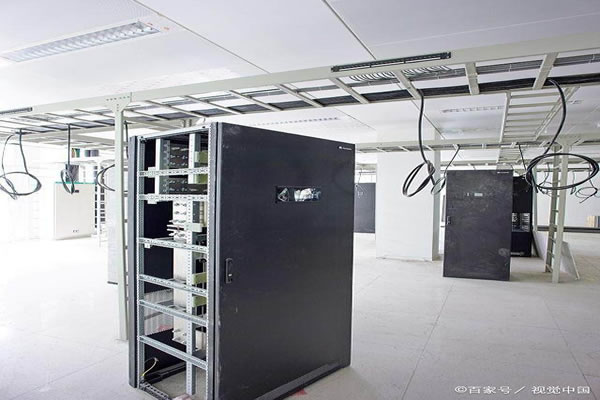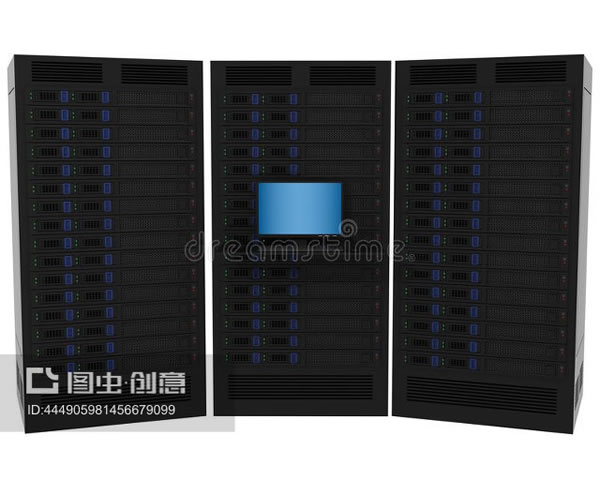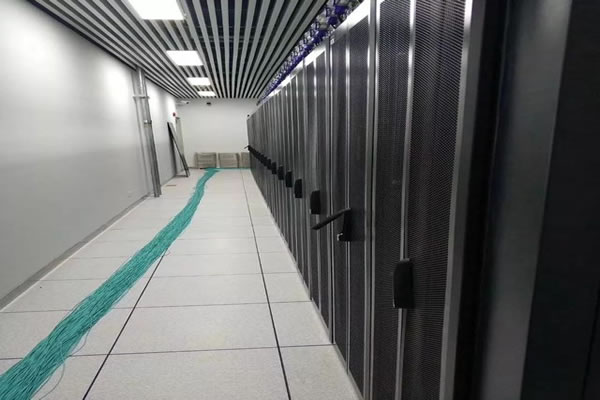
in the digital era, network security has become an important link that cannot be ignored in enterprise operations. with its unique protection capabilities, the us high-defense server has become an important choice for many companies to protect data and maintain website stability. how to choose the right us high defense server to ensure your network security? this article will provide you with professional advice and guidance.
understand the basic concepts of american high-defense servers
us high-defense servers refer to servers deployed within the united states and have strong protection capabilities. they are mainly used to defend against various cyber attacks, especially ddos (distributed denial of service) attacks. high-defense servers are usually equipped with advanced firewalls, traffic cleaning and monitoring systems, which can effectively identify and filter malicious traffic, thereby protecting the normal operation of the website and the user's data security.
assess your own needs
before choosing a us high-defense server, you must first evaluate your own needs. different enterprises face different network security threats, so they need to choose the right server according to the actual situation. for example, if your website is an e-commerce platform, it may require higher security and stability, and for personal blogs or small business websites, basic protection measures can meet the needs. only after clarifying the needs can you choose a high-defense server more targetedly.
examine protection capabilities
when choosing a high defense server, protection capability is a crucial consideration. you need to understand the security technologies used by server providers, including ddos protection capabilities, traffic cleaning mechanisms, data encryption, etc. it is recommended to choose service providers with multi-layer protection, so that they can fight against various types of cyberattacks at different levels. in addition, understanding the protection history of service providers and their successful cases in dealing with cyber attacks can also help judge their protection capabilities.
pay attention to server performance
in addition to security, server performance cannot be ignored. the performance of high defense servers directly affects the website's access speed and user experience. when choosing, you should pay attention to configurations such as cpu, memory, storage and bandwidth. at the same time, make sure that the server can handle high traffic requests without delay or crashes. in addition, choosing a highly scalable high-defense server can support future business growth.
choose a reliable service provider
there are many service providers on the market that provide high-defense servers, and choosing a reliable service provider is crucial. first of all, you can understand the credibility of the service provider by checking user reviews and industry reputation. at the same time, pay attention to the quality of its technical support services to ensure that you can get timely help when encountering problems. in addition, understanding the service provider's data center location and network environment can also reflect the stability of its services to a certain extent.
consider costs and budget
cost is also an important factor when choosing a high defense server. while high defense servers are usually more expensive than regular servers, good security and stability can save businesses a lot of potential losses in the long run. therefore, when formulating a budget, you should consider the cost-effectiveness in a comprehensive way, not just the price. at the same time, you can choose the right package according to your needs to avoid unnecessary expenses.
implement monitoring and maintenance
after choosing the us high-defense server, continuous monitoring and maintenance are equally important. regularly check the security status of the server, update security policies in a timely manner, and prevent new cyber threats. in addition, it is recommended to back up data regularly to prevent data loss caused by attacks or failures. through active monitoring and maintenance, the security of the server can be further improved.
summary and suggestions
choosing the right american high-defense server is an important step to improving network security. by evaluating your own needs, examining protection capabilities, focusing on server performance, selecting reliable service providers, considering costs and budgets, and implementing monitoring and maintenance, you can help you find the most suitable solution. in this era of increasingly important network security, investing in a high-defense server is not only a protection of enterprise data, but also a maintenance of customer trust.
- Latest articles
- U.s. High Defense Server Xiaoai Function Analysis And Usage Guide
- Advantages And Practical Applications Of Hong Kong Positioning Server
- Practical Tips On How To Buy Thai Cloud Servers At Low Prices
- The Best Way To Get A Free Ip Address For A Taiwanese Server
- Explore The Best Usage Scenarios Of Thailand Dynamic Dial-up Vps
- Learn The Truth About Whether Server Rent In Thailand Is Expensive
- Analysis Of Diverse Application Scenarios Of Hong Kong Vps
- Comparison And Recommendation Of The Cheapest Cloud Servers In Vietnam
- Best Options And Suggestions For Renting A Server Outside Malaysia
- Stability Evaluation And User Feedback Of Shatin Computer Room In Hong Kong
- Popular tags
-
Understand The Types Of Servers In The United States And Their Comparison Advantages
This article details the different types of US servers and their comparative advantages to help you choose the best server solution. -
Analysis Of The Characteristics Of American CN Server And Its Applicable Scenarios
This article analyzes the characteristics and applicable scenarios of US CN servers to help users better choose the right server. -
Analysis Of Advantages And Disadvantages Of American Cloud Servers And Selection Suggestions
this article analyzes the advantages and disadvantages of us cloud servers and provides selection suggestions to help users make informed decisions.


